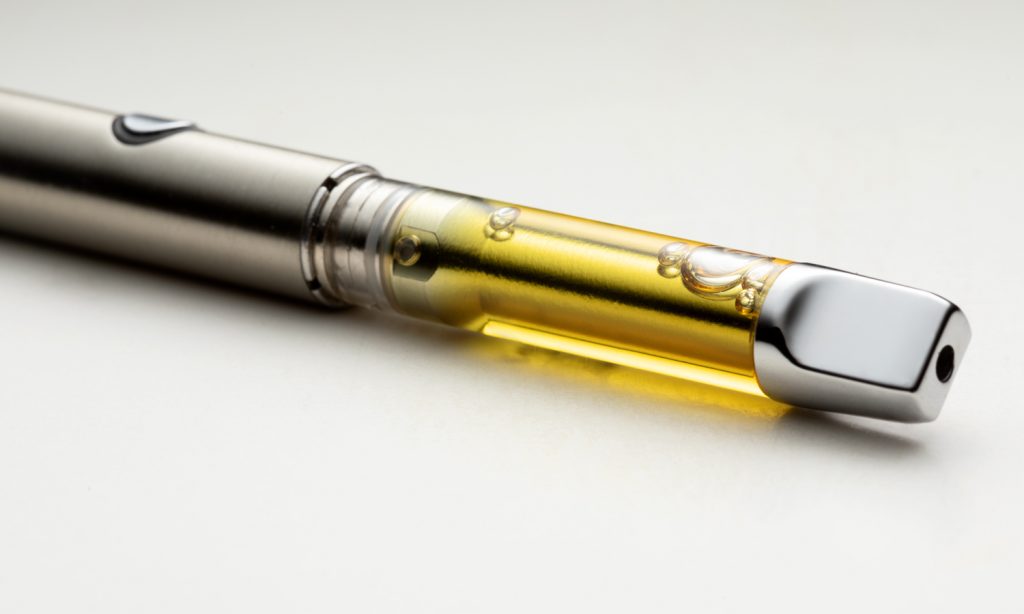New research finds that patients suffered from EVALI before the 2019 outbreak, and new cases may be currently obscured by the pandemic.
Chatter around E-cigarette or Vaping-Related Lung Illness (EVALI) has been consumed by the more lethal COVID-19 pandemic, but new research indicates that hospitalizations due to EVALI likely happened before it received the national spotlight.
This April the Centers for Disease Control and Prevention implemented new coding guidelines that allowed doctors to better identify EVALI, including causes, symptoms, and more. Kam S. Ho, an internist at Mount Sinai St. Luke’s and West Hospital in New York, applied the coding to 2016 hospital data and classified at least six cases as EVALI. This study was the first to apply the CDC’s EVALI coding to a national hospital registry and was presented at ATS 2020, a virtual conference for the American Thoracic Society.
RELATED: How Safe Do Consumers Really Feel After Recent Vaping Illness?
The CDC reported in February that more than 2,800 hospitalized EVALI cases had occurred throughout the United States, resulting in 68 confirmed deaths. According to national emergency department visit data, the CDC noted EVALI cases sharply rose in August and eventually peaked in September. The CDC later identified vitamin E acetate present in vaping products as the culprit behind the outbreak.
But Ho told MedPage Today the CDC and fellow investigations likely underestimated the prevalence of EVALI before the 2019 outbreak. That’s because health care providers weren’t regularly asking their patients about e-cigarette or vaping usage back in 2016.
“We believe there is an element of under-reporting here,” he said.

The study’s authors used 2016 nationwide data from the Agency for Healthcare Research & Quality Healthcare Cost and Utilization Project (AHRQ-HCUP). In total, the retrospective analysis found 68,149 total hospital admissions were connected to e-cigarette use. EVALI patients in the study were 54.6 years old on average and usually stayed at the hospital for about 11 days. Patients reported nonspecific economical pain related to EVALI more than any other.
However, a limitation of the data was that Ho’s group could not assess if these EVALI cases were caused by vaping products that contained vitamin E acetate as an additive.
RELATED: Legal Marijuana States Had Lowest Rate Of Vaping-Related Lung Injury
According to a report by Aurelius Data, doctors and researchers have stopped tracked EVALI diagnoses and symptoms that resemble a COVID-19 infection. The CDC has also stopped tracked EVALI data. Industry experts actually predict vaping THC products will make a comeback this year despite health concerns related to vaping and smoking amid the pandemic.
“Serious, even deadly, vaping-linked lung injuries dominated the headlines late last year, then COVID-19 took over the news cycle,” said Aurelius Data CEO and co-founder Julie Armstrong. “Now researchers are saying it isn’t clear if EVALI cases had been missed in early 2020 because those people with EVALI could also have had COVID-19.”


